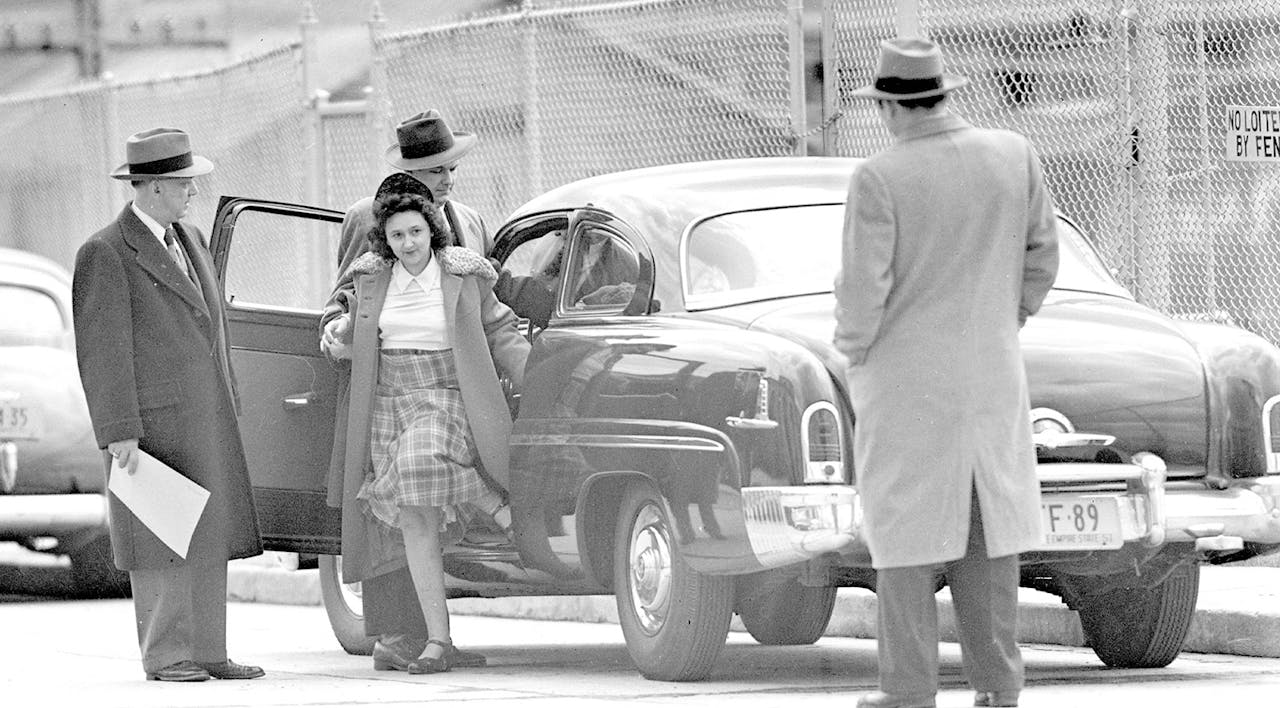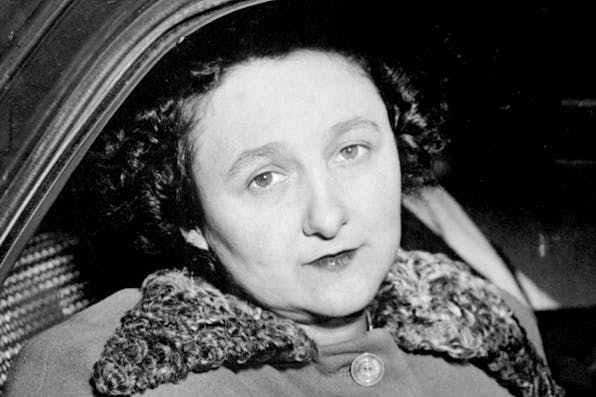
October 2021
The Eternal Return of Ethel Rosenberg
A much-loved new biography argues that the convicted Soviet spy "betrayed no one." How has the myth of her innocence become so untethered from the evidence of her guilt?
On June 19, 1953, Ethel and Julius Rosenberg went to the electric chair at Sing Sing Prison in New York, having been convicted of conspiracy to commit espionage by transmitting atomic secrets to the Soviet Union. The Rosenbergs were, as the British writer Anne Sebba notes in her new biography, Ethel Rosenberg: An American Tragedy, the only American civilians executed for espionage during peacetime and Ethel remains the only American woman executed for a crime other than murder.
At the time, and ever since, the trial and its outcome have been surrounded by controversy. They have been held up as examples of McCarthyite excess, of the paranoid style of American politics, and even of anti-Semitism. Yet while there is still room for reasonable disagreement about some of the legal, moral, and historical details, new information has come to light in the past 30 years that ought to have quieted much of the controversy. Sebba’s new book is an attempt to reopen it—or, perhaps we should say, to take advantage of the fact that for many the case is still not closed.
